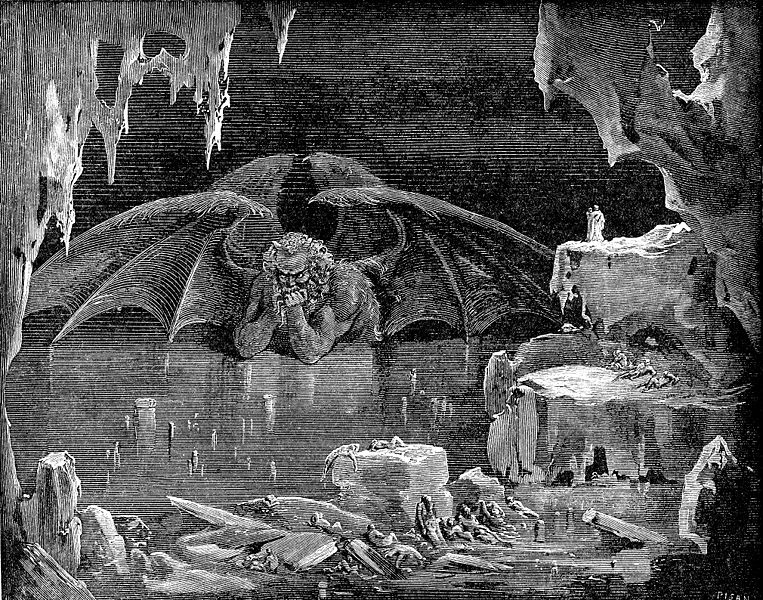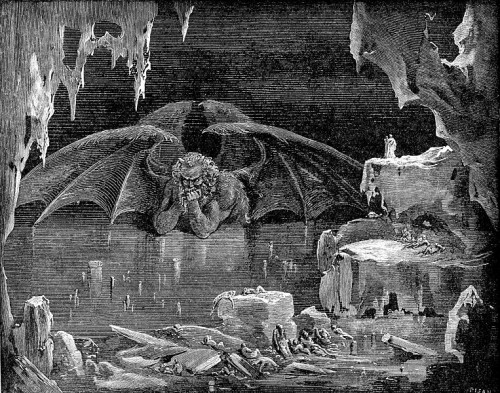There continues to be the fear that people are suddenly losing sight of Christ and Scripture in the emergent/emerging churches and new forms of expressing Christianity. I continue to see this broad paintbrush splattering paint everywhere trying to give some kind of recognition to something people don’t understand. It’s as if they don’t understand a new expression of faith so they assume it must all be heresy and evil (which by definition, heresy is: theological or religious opinion or doctrine maintained in opposition, or held to be contrary, to the Roman Catholic or Orthodox doctrine of the Christian Church, or, by extension, to that of any church, creed, or religious system, considered as orthodox. By extension, heresy is an opinion or doctrine in philosophy, politics, science, art, etc., at variance with those generally accepted as authoritative so couldn’t any form of protestantism be considered heretics? Also isn’t theology simply man’s study of, or best guess at knowing a God whom we can never totally understand, know or comprehend?).
Anyways, Brian’s been reading Un-Christian and shared some new thoughts today:
Barna research ministries has revealed 4 mega-themes that are impacting culture today. One of the 4 is what they refer to as “nouveau Christianity” – the idea that a new form of Christian faith is taking shape in our day. Here are their research results:
The research discovered that people are reframing not just faith in general, but Christianity in particular. While slightly fewer adults – and many fewer teens – are identifying themselves as Christians these days, the image of the Christian faith has taken a beating. This battered image is the result of a combination of factors:
- harsh media criticism
- “unchristian” behavior by church people
- bad personal experiences with churches
- ineffective Christian leadership amid social crises
- and the like
The result is that those who choose to remain Christian – however they define it – are also reformulating the popular notion of what “Christian” and the Christian life mean. Some of those changes are producing favorable outcomes, while others are less appealing.
For instance, a generational analysis of the Barna data showed that spiritual practices among those who claim to be Christians are shifting dramatically. New practices are in vogue:
- embracing racial diversity and tolerance within congregations
- pursuing spiritual diversity in conversations and relationships
- valuing interpersonal connections above spiritual education
- blending all forms of the arts and novel forms of instruction into religious events
- and accepting divergent forms of spiritual community (e.g., house churches, intentional communities, marketplace ministries)
Traditional ventures such as integrating discipline and regimen in personal faith development are becoming less popular. Repeating the same weekly routines in religious events is increasingly deemed anachronistic, stifling and irrelevant. Rigidity of belief – which includes the notion that there are absolute moral and spiritual truths – perceived by a large (and growing) share of young people to be evidence of closed-mindedness.
The result is a nouveau form and structure for the Christian faith that will have broad-based consequences on the practice of Christianity for years to come.
I know there are many today who are concerned with this “nouveau” development in Christianity. I am not frightened by this changes but instead embrace them for they are the bridges of grace to a generation that needs to know Christ. None of them deny doctrine, the deity of Christ, the Scriptures, or the essential footings of the faith. They represent method changes and reflect the needs and longings of a generation. As “encounter” we stand in the gap of heaven and a generation to bring them to the reality of the cross. What a time to be alive!
Like this:
Like Loading...



